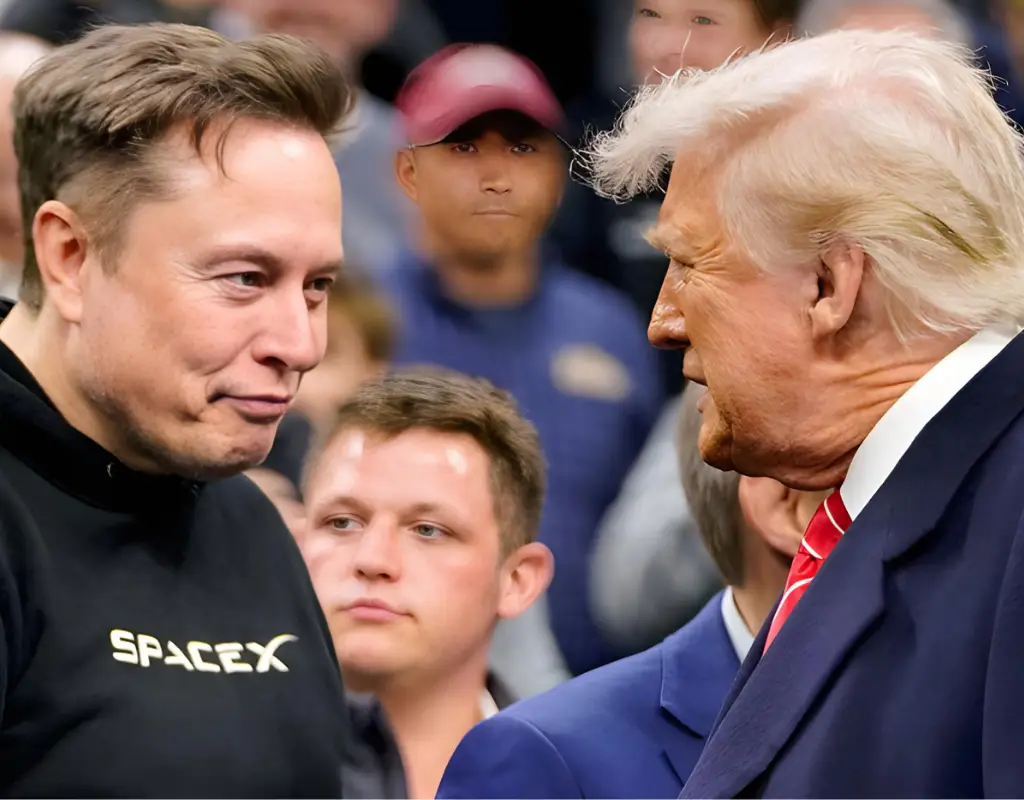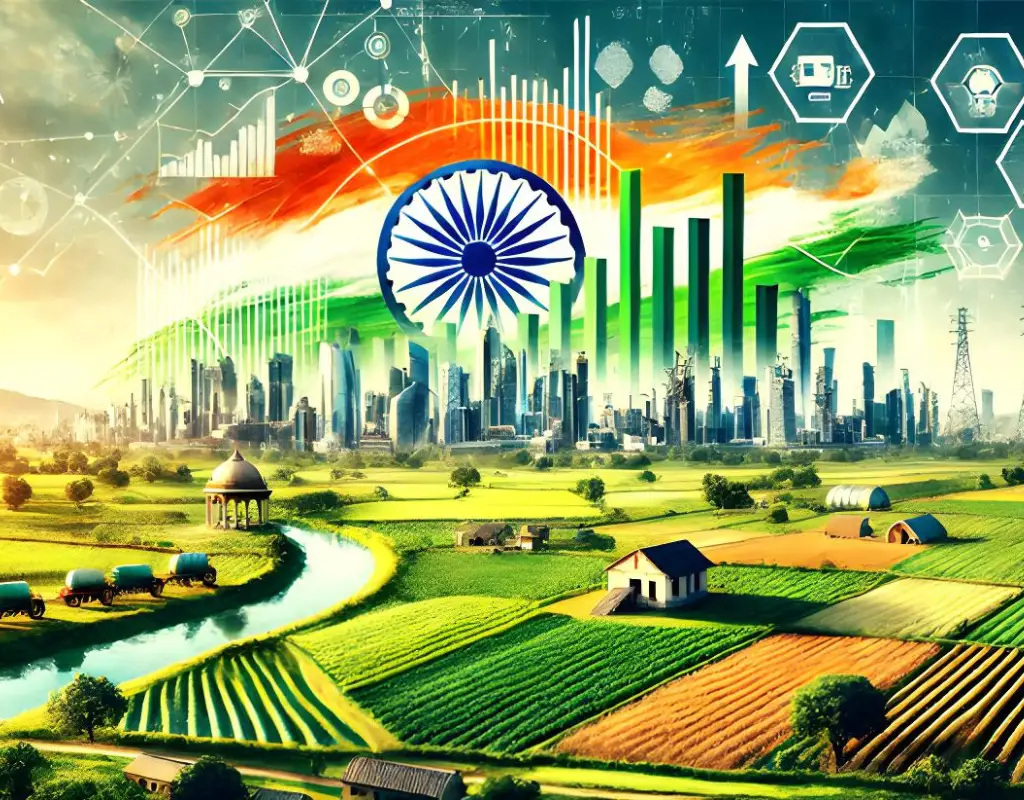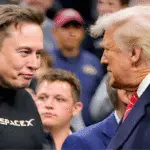Now Reading: G7 2025: Canadian PM Finally Reveals Bold Reason Why He Invited PM Modi — ‘India Is Really At The…’”
-
01
G7 2025: Canadian PM Finally Reveals Bold Reason Why He Invited PM Modi — ‘India Is Really At The…’”
G7 2025: Canadian PM Finally Reveals Bold Reason Why He Invited PM Modi — ‘India Is Really At The…’”
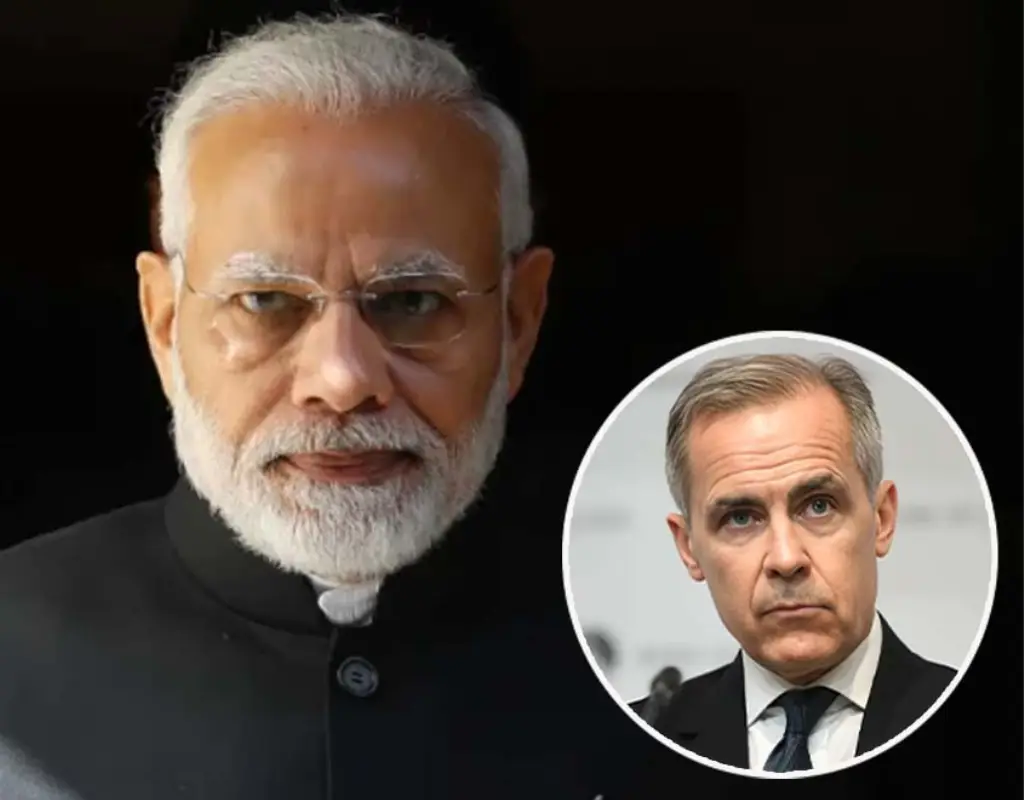
In a notable diplomatic gesture, Canadian Prime Minister Mark Carney has invited Indian Prime Minister Narendra Modi to attend the G7 Summit scheduled to take place in Kananaskis, Alberta, later this month. The invitation underscores India’s growing prominence on the global stage and signals an intent to mend and strengthen ties between Canada and India after a period of strained relations.

This development has sparked discussions about the potential for renewed cooperation between the two nations, rooted in shared democratic values and mutual economic interests.
India’s Pivotal Role in Global Affairs
During a press conference on Parliament Hill, PM Carney articulated the strategic reasoning behind inviting India to the prestigious summit, emphasizing India’s central role in global economic and technological ecosystems. He stated:
“As chair of the G7, it is important to invite the most important countries to attend to talk about important issues such as energy, artificial intelligence, critical minerals, and India is really at the very centre of global supply chains.”
Carney further highlighted India’s demographic and economic weight, adding:
“The most populous country in the world, with the fifth largest economy, should be present at the year’s G7.”
These remarks reflect Canada’s recognition of India’s indispensable contributions to addressing pressing global challenges, including energy security, technological innovation, and the resilience of supply chains disrupted by recent geopolitical tensions.
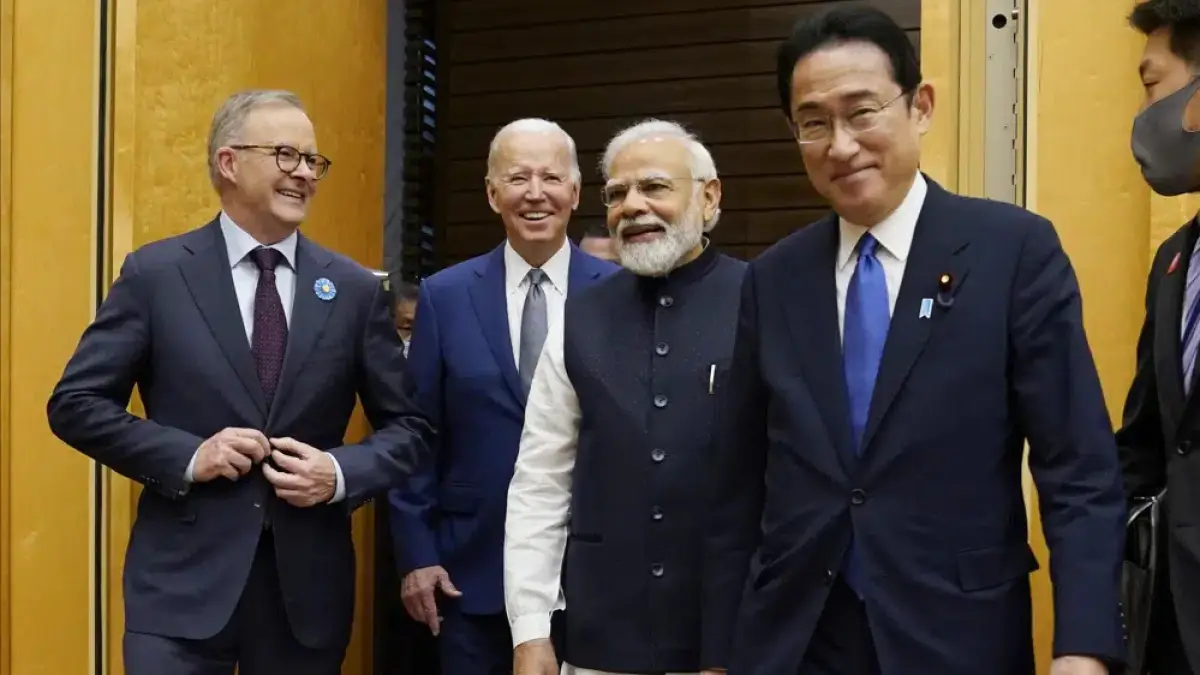
Navigating a Complex Diplomatic History
The invitation comes at a time when Canada and India are seeking to move past previous diplomatic tensions. Relations between the two countries had been strained under the administration of former Canadian Prime Minister Justin Trudeau, particularly following his 2023 allegations of “potential” Indian involvement in the killing of Hardeep Singh Nijjar, a Canadian citizen and pro-Khalistan separatist. India strongly rejected these claims, calling them “absurd” and “motivated,” and temporarily scaled back diplomatic engagements with Canada.
When questioned about the Nijjar case during the press conference, Carney adopted a measured tone, focusing on the ongoing legal proceedings rather than reigniting controversy. He noted:
“There is a legal process that is literally under way and quite advanced in Canada, and it’s never appropriate to make comments with respect to those legal processes.”
Carney also indicated that Canada and India have committed to maintaining a “continued law enforcement dialogue” to address mutual concerns, though he refrained from elaborating on whether this includes direct cooperation on the Nijjar investigation. This cautious approach suggests a desire to prioritize forward-looking collaboration over past disputes.
PM Modi’s Response: A Commitment to Cooperation
Prime Minister Narendra Modi promptly confirmed his participation in the G7 Summit, expressing optimism about the opportunity to deepen India-Canada relations. In a post on X, Modi shared his enthusiasm for the upcoming engagement, stating:
“Glad to receive a call from Prime Minister Mark J Carney of Canada. Congratulated him on his recent election victory and thanked him for the invitation to the G7 Summit in Kananaskis later this month. As vibrant democracies bound by deep people-to-people ties, India and Canada will work together with renewed vigour, guided by mutual respect and shared interests. Look forward to our meeting at the Summit.”
Glad to receive a call from Prime Minister @MarkJCarney of Canada. Congratulated him on his recent election victory and thanked him for the invitation to the G7 Summit in Kananaskis later this month. As vibrant democracies bound by deep people-to-people ties, India and Canada…
— Narendra Modi (@narendramodi) June 6, 2025
Modi’s response highlights the shared democratic principles and cultural connections that form the foundation of India-Canada relations. The Indian diaspora in Canada, numbering over 1.3 million, serves as a vital bridge between the two nations, fostering economic, educational, and social ties. Modi’s attendance at the summit is expected to reinforce these bonds while advancing discussions on critical global issues.

India’s Consistent Presence at G7 Summits
While India is not a formal member of the G7—comprising Canada, France, Germany, Italy, Japan, the United Kingdom, and the United States—it has been a regular invitee to the summit since 2019, with the exception of 2020 when the event was canceled due to the COVID-19 pandemic. India’s repeated inclusion reflects its rising influence as a global economic power and a key player in shaping international policies on climate change, digital innovation, and sustainable development.
This year, Canada has also extended invitations to Ukraine and Australia, signaling a broader outreach to non-member nations with significant stakes in global stability and prosperity. For India, the G7 platform offers an opportunity to advocate for the interests of the Global South, particularly in areas such as equitable access to technology and climate finance.
Key Areas of Focus at the G7 Summit
The G7 Summit in Kananaskis is expected to address a range of pressing global challenges, with India’s participation likely to shape discussions in several key areas:
- Energy Transition: As a leader in renewable energy, India is poised to contribute insights on scaling up solar and wind power while ensuring energy security for developing nations.
- Artificial Intelligence: India’s rapidly growing tech sector and emphasis on ethical AI development align with the G7’s focus on establishing global standards for AI governance.
- Critical Minerals: With increasing demand for minerals essential to green technologies, India’s role in securing sustainable supply chains will be a focal point.
- Economic Resilience: India’s robust economic growth and strategic trade partnerships position it as a vital partner in stabilizing global markets.
These discussions are particularly timely given the ongoing geopolitical uncertainties and the need for collaborative solutions to address climate change, technological disruption, and economic inequality.
A New Chapter for India-Canada Relations?
The invitation to PM Modi marks a potential turning point in India-Canada relations, offering a chance to rebuild trust and foster cooperation. Both nations share a commitment to democratic values, multilateralism, and inclusive growth, providing a strong foundation for partnership. The presence of a significant Indian diaspora in Canada further strengthens these ties, creating opportunities for enhanced collaboration in trade, education, and innovation.
Analysts view Carney’s outreach as a pragmatic step toward resetting bilateral relations, with the G7 Summit serving as a platform for high-level dialogue. By focusing on shared priorities such as clean energy and technological advancement, Canada and India can chart a path toward a more constructive and mutually beneficial relationship.
The G7 Summit in Kananaskis represents more than just a gathering of world leaders—it is an opportunity for Canada and India to turn the page on past challenges and embrace a future of collaboration. With PM Modi’s participation, India’s voice will resonate in global discussions, reinforcing its role as a dynamic and influential player on the world stage. As both nations navigate a complex geopolitical landscape, their commitment to “mutual respect and shared interests,” as articulated by Modi, will guide their efforts to build a stronger, more resilient partnership.
At Parso Tak, we believe this invitation marks more than just a diplomatic move, it represents a shift towards cooperation, respect, and shared progress between India and Canada. As the world watches the G7 unfold, stay connected with Parso Tak for insightful coverage and grounded perspectives on India’s growing global influence.



